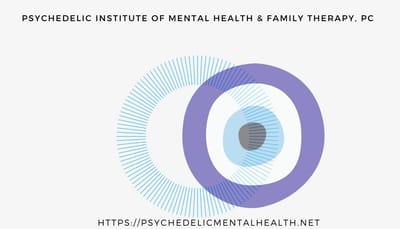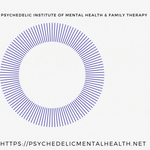Integrating Psychedelic Experiences
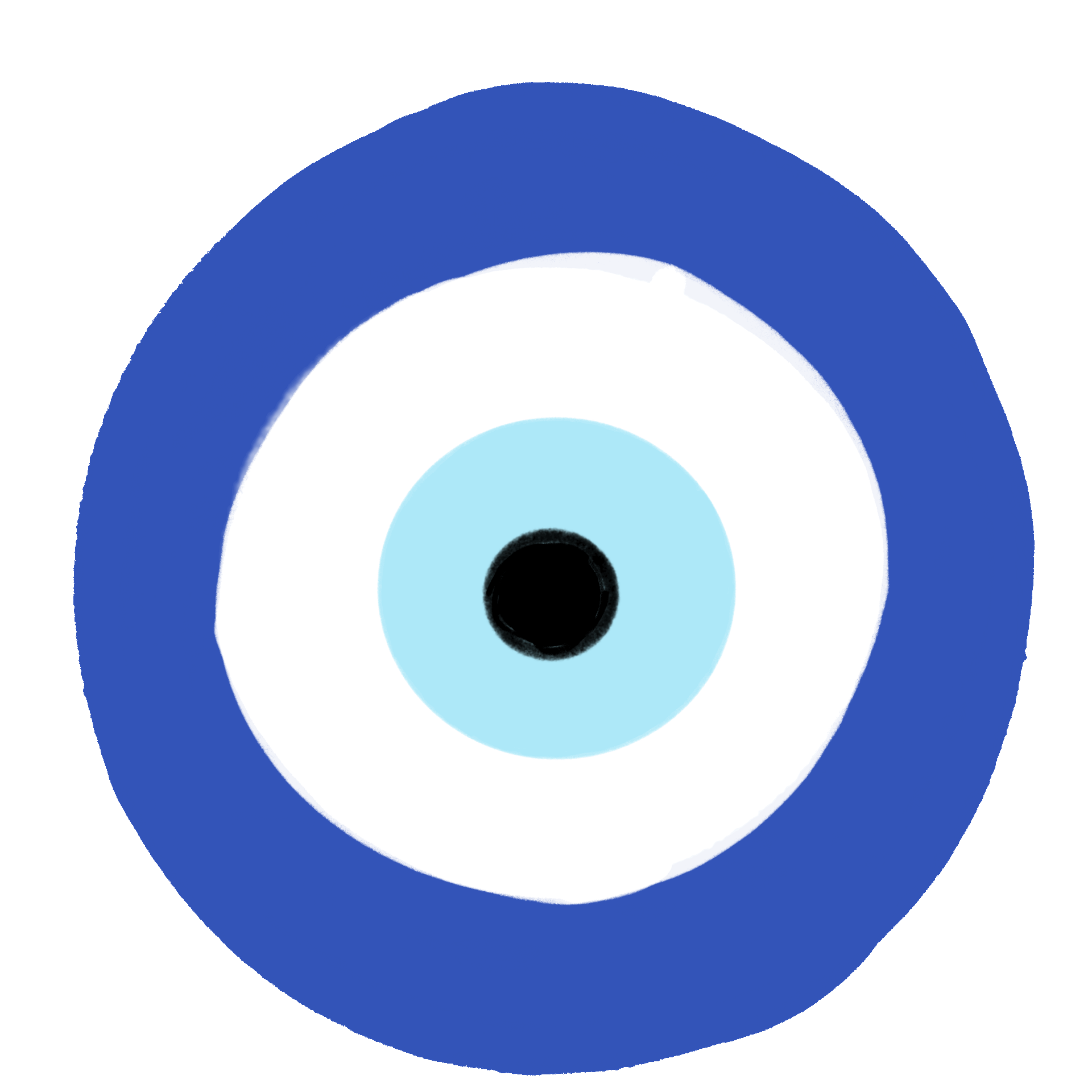
In the history of ketamine, John C. Lilly (1915-2001) wrote extensively of his experiences and how he made sense of them. Lilly's own psychedelic integration led him to American Philosopher Franklin Merrell-Wolff.
Merrell-Wolff (1887-1985) practiced techniques from the Advaita Vedanta tradition to achieve a series of non-medicine psychedelic experiences, which he described as realizations.

In the 21st Century, we have Frederico Faggin, famed inventor of the microprocessor (the basis of computers), physicist and consciousness researcher also had a non-medicine psychedelic experience which began his understanding of reality which posits that consciousness is the underlying field of reality, an understanding of reality using the language of idealism and physics.

We can study other understandings of experiences that are "mind altering", out of body, near death experiences, plant medicine entity encounters, and experiences that feel visionary, mystical, spiritual and difficult to put words to. In so doing, this might help us put words to our own experiences and help us find meaning.
Paraphrasing John Lilly, "If you haven't been there, there are no words to describe it. If you have, I don't have to say anything at all- no words would do it justice.".
More on Advaita Vedanta
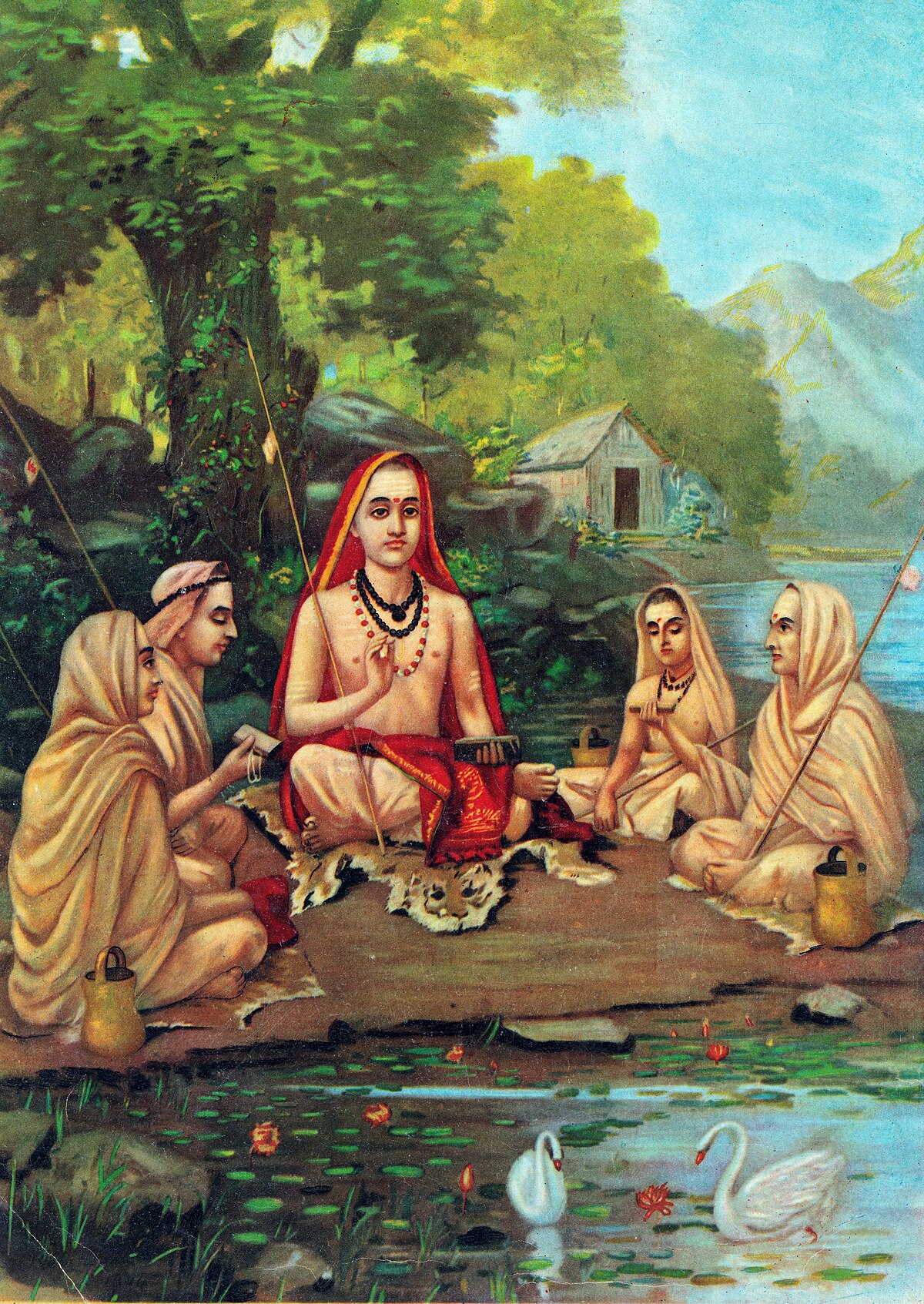
Mystical Experiences in Psychedelic Research
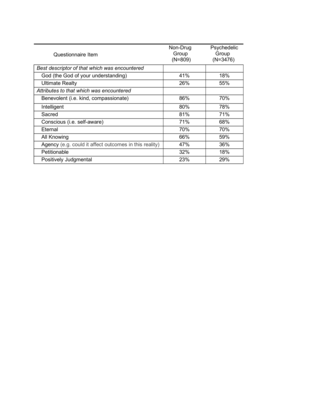
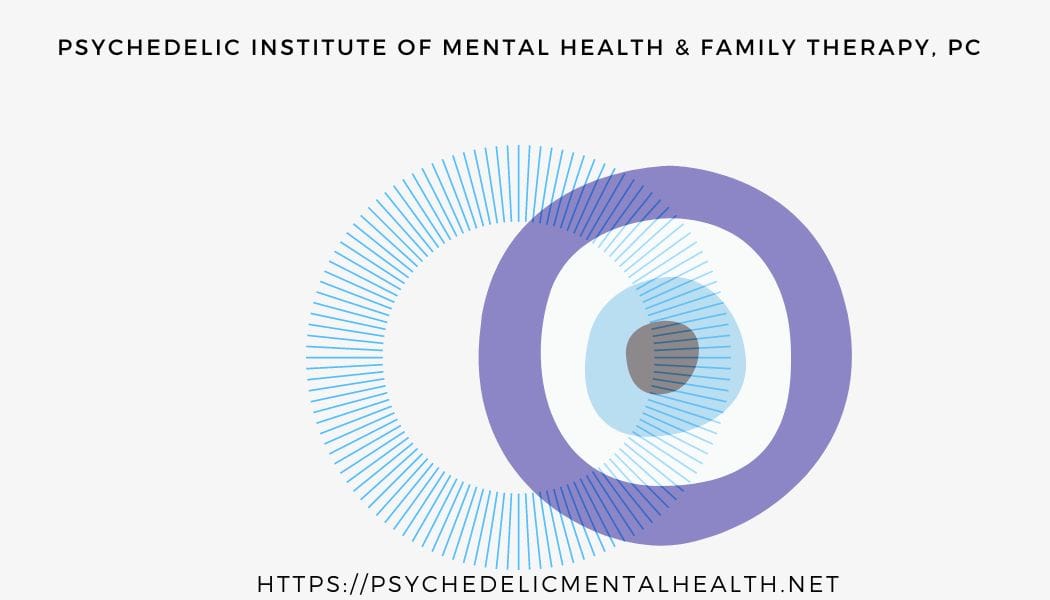


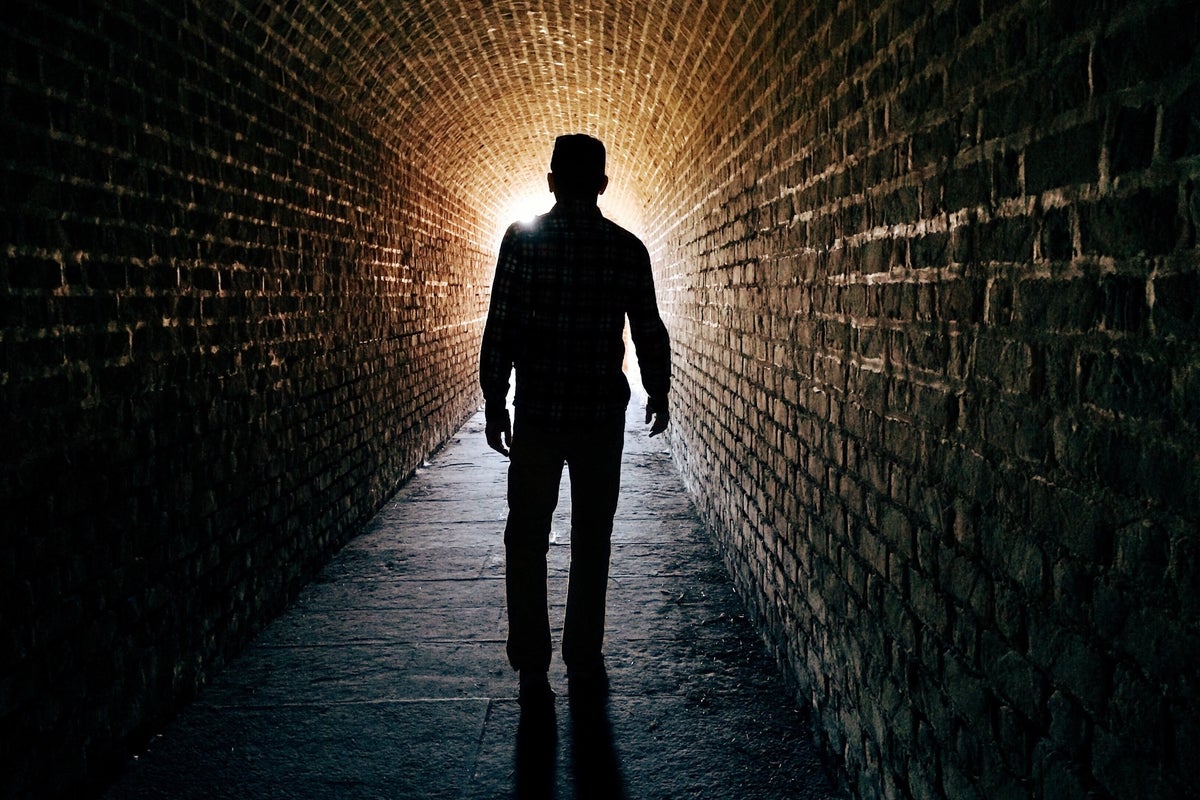
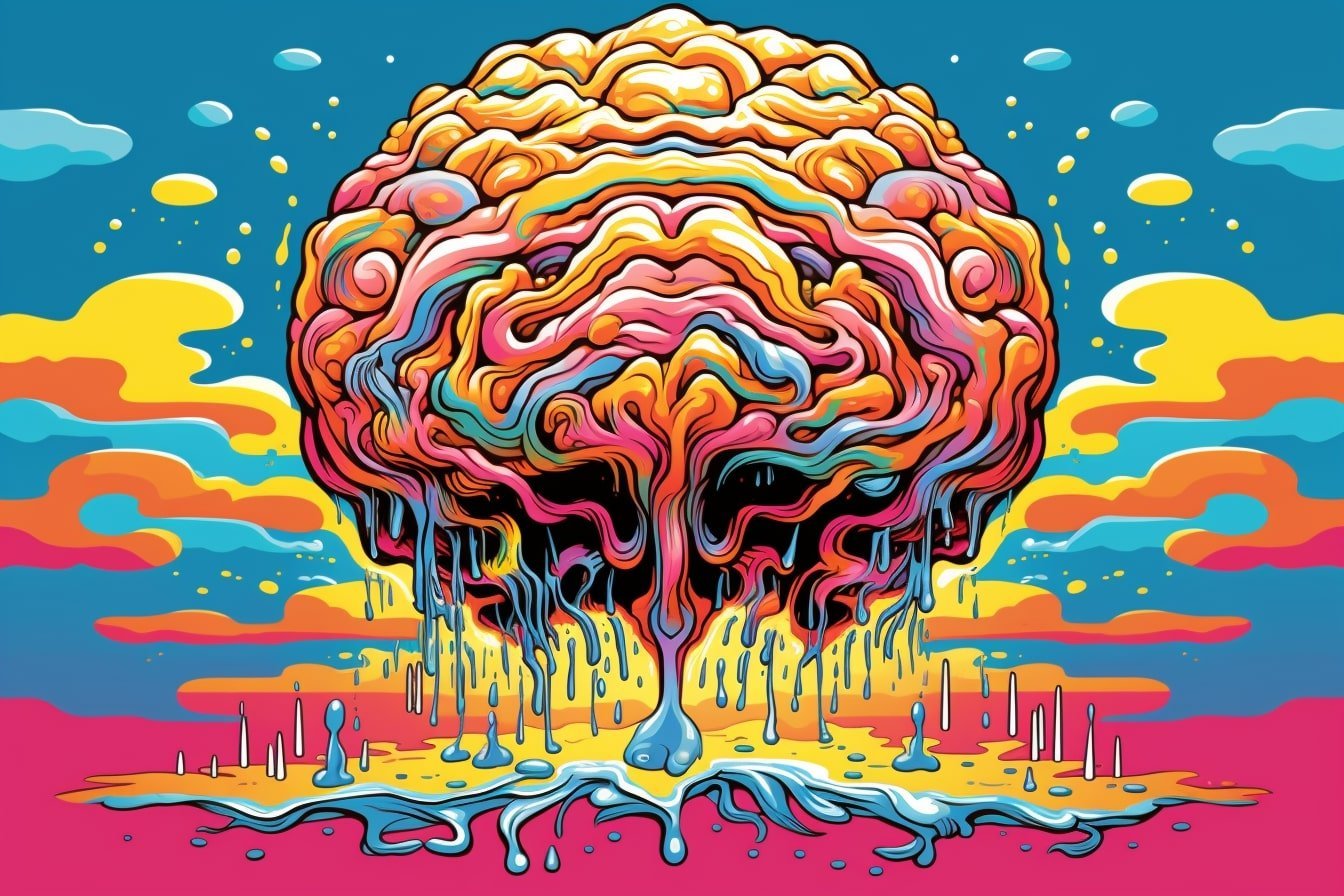



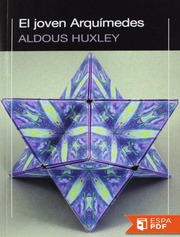
Moksha (Es)

